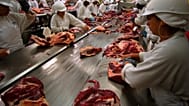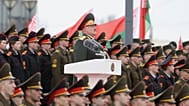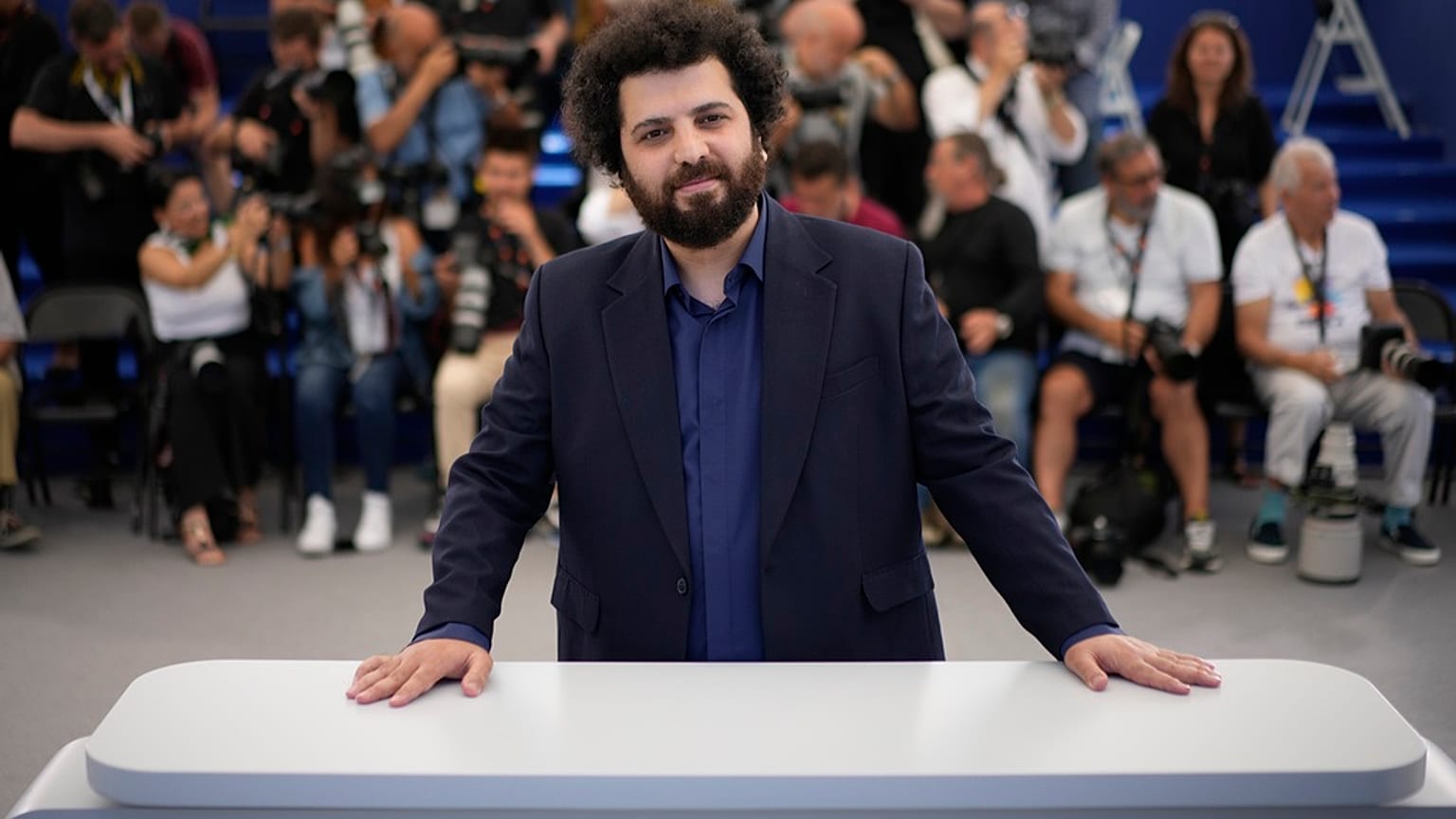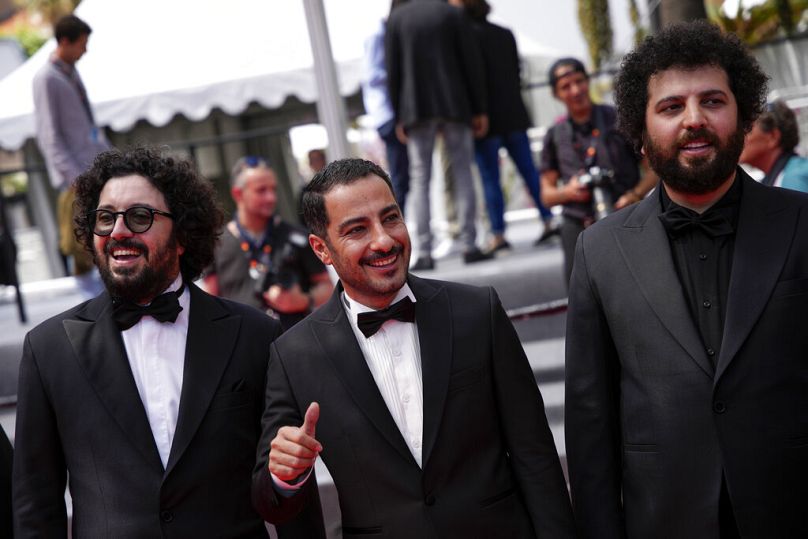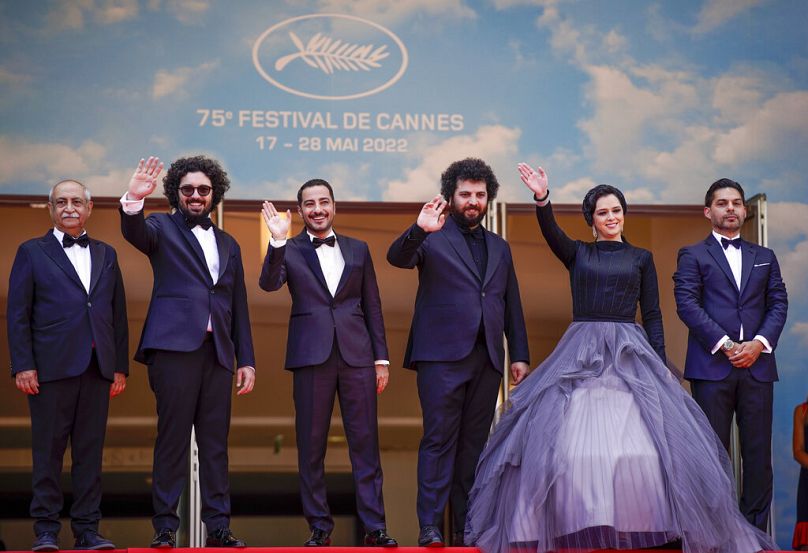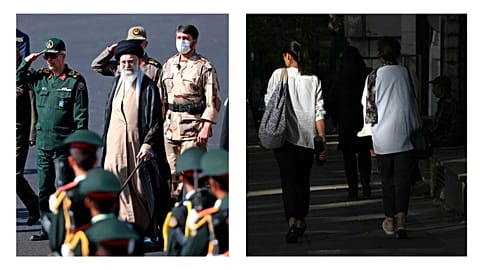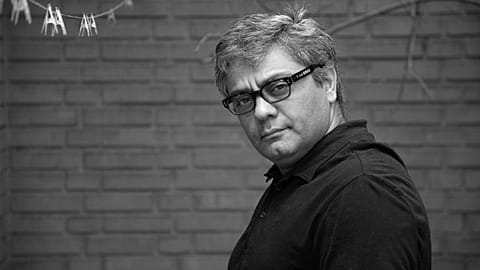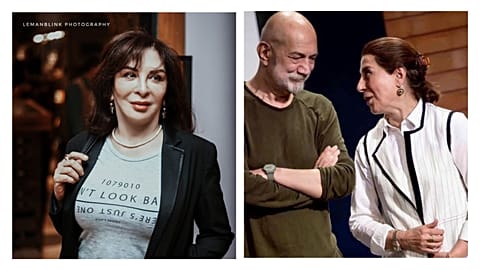The director and his producer have also been barred from making films by the court in Iran after showcasing a movie at Cannes last year without government permission.
An Iranian filmmaker and his producer reportedly face prison time and being barred from filmmaking after they showcased a movie at the Cannes Film Festival without government approval, drawing immediate criticism internationally from leading American director Martin Scorsese and others.
Director Saeed Roustayi and producer Javad Norouzbeigi travelled to Cannes last year to show Leila's Brothers, competing for the festival's grand Palme d'Or prize. The film focuses on a family struggling to make ends meet as Iran faces international sanctions and includes sequences showing protests in the Islamic Republic as a series of nationwide demonstrations shook the nation.
The film also depicts security forces beating demonstrators protesting Iran's ailing economy, which has already sparked mass protests and bloody security force crackdowns killing hundreds. The family in it loses all its savings over the rapid depreciation of Iran's rial currency, something Iranians across the country have lived with for years.
Additionally, the ageing patriarch, hoarding his family's wealth and forcing them into squalor for a chance at personal glory, can be seen as an allegory to Iran's theocracy.
"Leila's Brothers" didn't take the coveted Palme d'Or but ended up winning two other awards at Cannes. However, authorities in Tehran did not nominate the film for the Oscars despite its success at the renowned French film festival, something Roustayi later criticised in published remarks.
On Tuesday, Etemad newspaper reported that Tehran's Revolutionary Court sentenced the two men to six months in prison over creating "propaganda against the system."
The men showcased the film "in line with the counterrevolutionary movement ... with the aim of fame-seeking in order to prepare fodder and intensify the media battle against Iran's religious sovereignty," the court decision read, according to Etemad, a Tehran-based newspaper run by reformists.
The judge suspended all but 10-odd days of the prison sentence for the next five years, the newspaper said. However, the men will also be banned from filmmaking and communicating with those in the field during that period, as well as must attend a mandatory filmmaking course while "maintaining national and moral interests." The sentence is appealable.
No other major media outlet in Iran reported the sentencing and Etemad did not explain how it came about its information. Iran's Revolutionary Courts conduct closed-door hearings over alleged threats to Iran's government, taking nearly every case involving a suspect with Western ties or facing accusations of espionage.
The international reaction against the sentence was swift.
Scorsese, known for his films GoodFellas, Casino and the upcoming Killers of the Flower Moon, asked people online to sign a petition to protest the men's sentence "so they can continue to be a force of good in the world."
The Biarritz International Film Festival, at which Roustayi chaired the jury this year, immediately criticised the sentence as well and asked Iran's judiciary to quash it.
"His only crime is being a free-spirited filmmaker," the festival said. "Although he's not even 35, his sharp take on society makes him one of today's major international filmmakers."
Even inside Iran, there's been anger over the sentencing. The Iranian Cinema Directors Association issued an online statement, saying that "the race to issue insulting verdicts, which at the same time undermines the judiciary itself, has entered a new stage."
"If you think that by issuing such humiliating rulings, you are helping to solve problems, bring people together, create joy and hope and strengthen national security, then you have not been successful," the statement said.
Iran's mission to the United Nations did not immediately respond to a request for comment.
Iranian filmmakers, though applauded internationally, have long faced government pressure back home. The same goes for actors, particularly after the September 2022 death of 22-year-old Mahsa Amini after being detained by the country's morality police over not properly wearing a mandatory headscarf. Her death sparked nationwide protests and saw a security force crackdown that killed over 500 people and saw more than 22,000 others arrested.
One of the lead actors in Leila's Brothers, the Oscar-winning Taraneh Alidoosti, found herself detained and later released on bail after posting online in support of the protests. She posted an image of herself, without the mandatory head covering, holding a sign reading "Women, Life, Freedom" in Kurdish - the slogan embraced by demonstrators at the time.


